
Planned Research
A01: Environmental adaptation principles visualized by static high-resolution structural analysis of supramolecular complexes
Representative
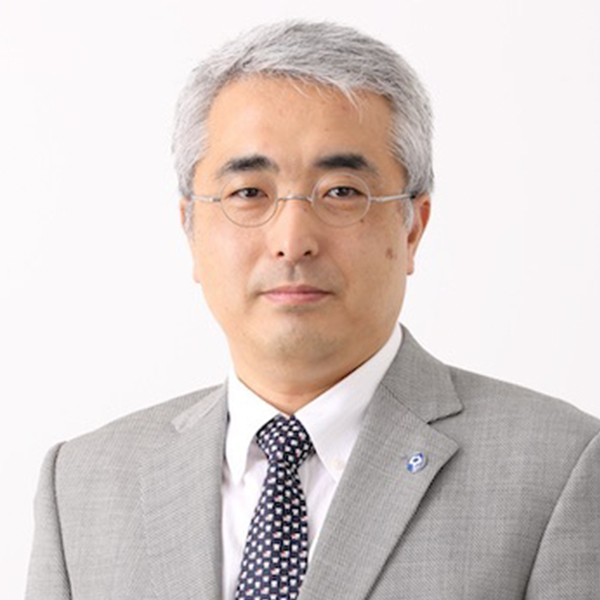
Genji Kurisu( Osaka University Laboratory of Protein Crystallography Professor)
Member (of a research project)
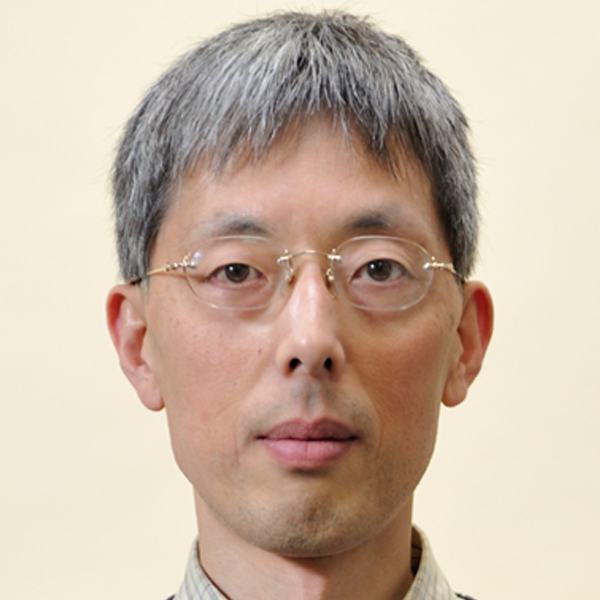
Takahisa Ikegami( Yokohama City University Life Sciences Professor)
Member (of a research project)
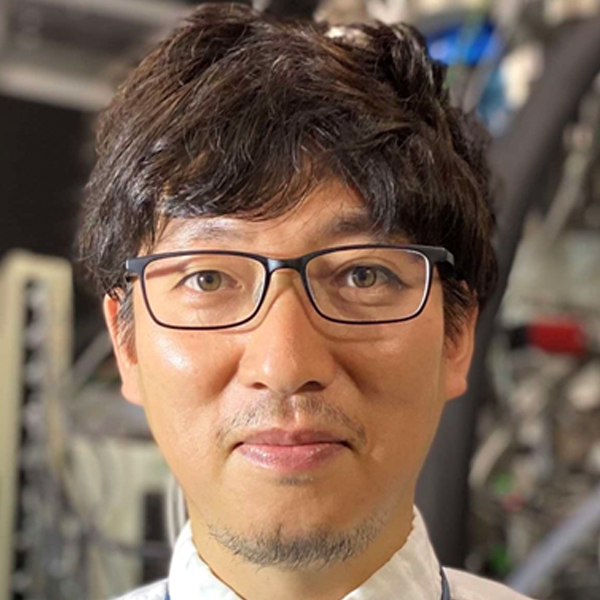
Akihiro Kawamoto( Osaka University Laboratory of Protein Crystallography Assistant Professor)
About
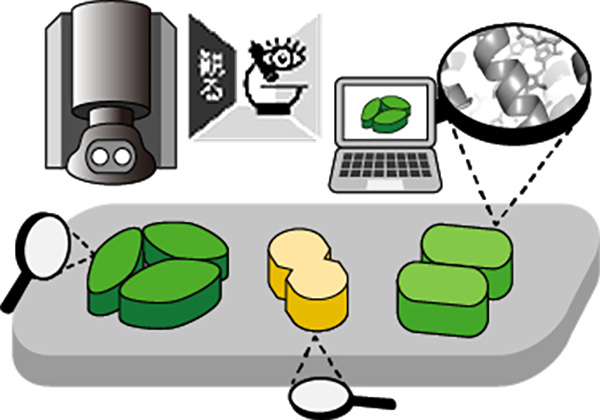
Research keywords: Cyanobacteria, Green algae, structural analysis, X-ray crystallography, NMR spectroscopy, Cryo-electron microscopy
A02: Principle of Photosynthetic Environmental Adaptation Based on the Structure of Thylakoid Membrane Remodeling Factors
Representative
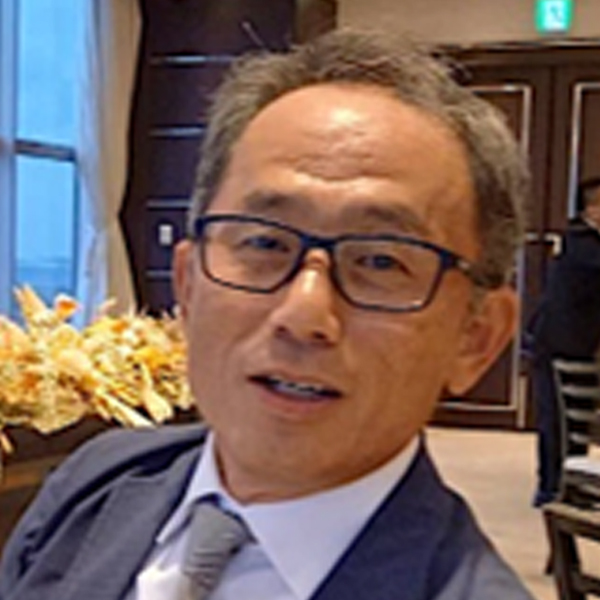
Wataru Sakamoto(Institute of Plant Science and Resources, Okayama University Professor)
Member (of a research project)
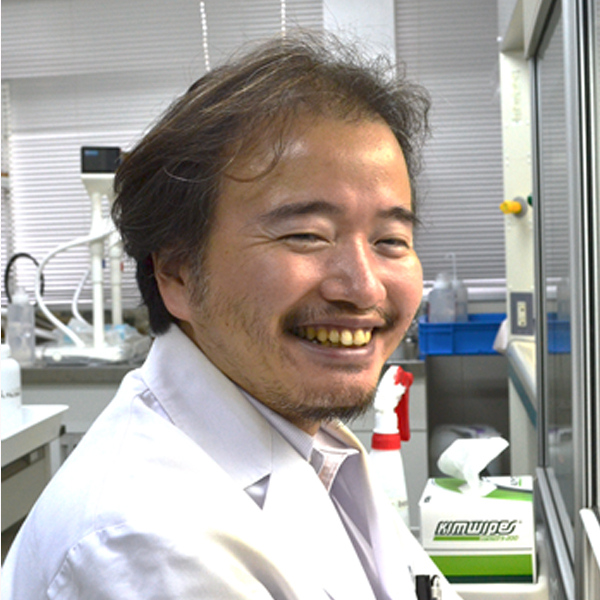
Shinichito Ozawa(Institute of Plant Science and Resources, Okayama University Assistant Professor)
About
The thylakoid membrane, unique to the organisms performing oxygen-evolving photosynthesis, is where the photosynthetic light reaction takes place. The photosynthetic protein supercomplexes that drive photochemical reaction and electron transport are embedded in the thylakoid membranes. To optimize the photosynthetic reaction, the thylakoids form and remodel highly ordered membrane structures with stacking and interconnected lamella, in which each protein complex is localized in the specific subcompartment of thylakoid membranes. Our group studies how the thylakoid membrane coordinates its morphology and function, with the membrane remodeling molecules and the post-translational modification of the proteins. We aim in understanding these molecules and protein modifications, by means of biochemical and physiological analyses, mass-spectrometry, and microscopic observations.
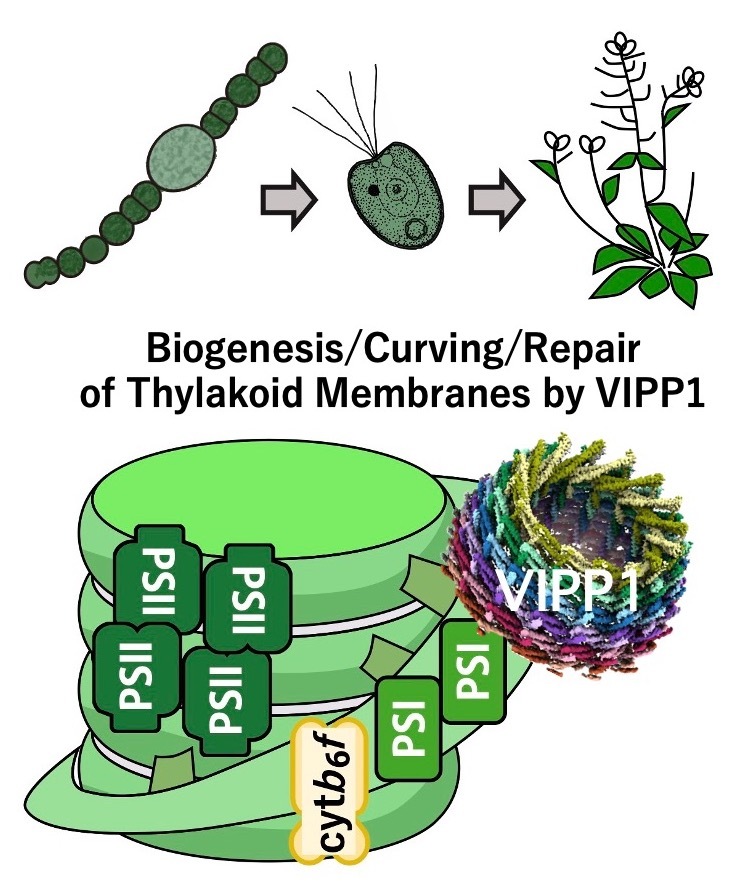
Research keywords: chloroplast (plastid), photosynthesis measurement, protein purification, mass spectrometry, confocal laser microscopy, fluorescent protein labeling, tomographic analysis
A03: Unveiling Adaptations of Photosystem Supercomplexes to the Light Environment in Green Plants
Representative
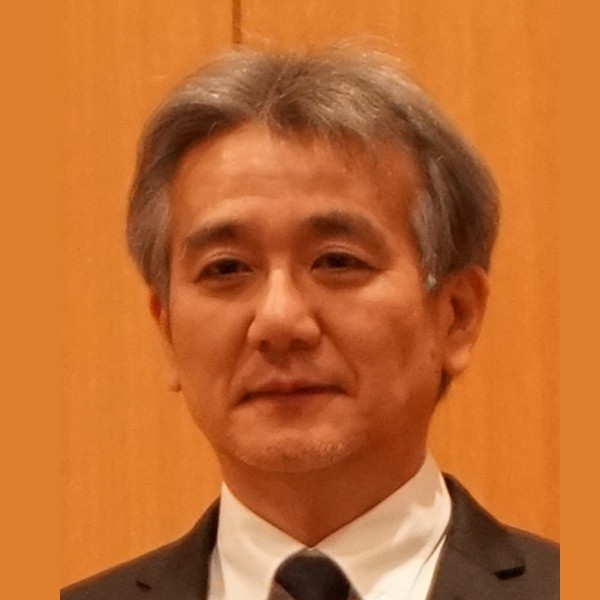
Jun Minagawa(National Institute for Basic Biology Professor)
Member (of a research project)
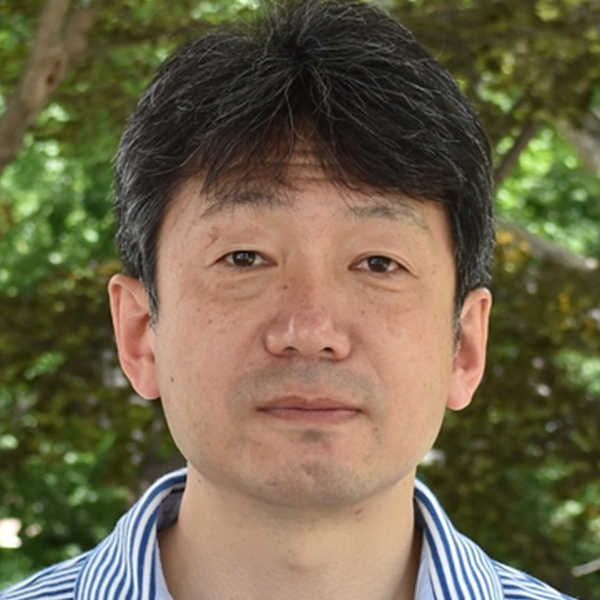
Ryoichi Tanaka( Institute of Low Temperature Science Hokkaido University, ILTS Professor)
Member (of a research project)
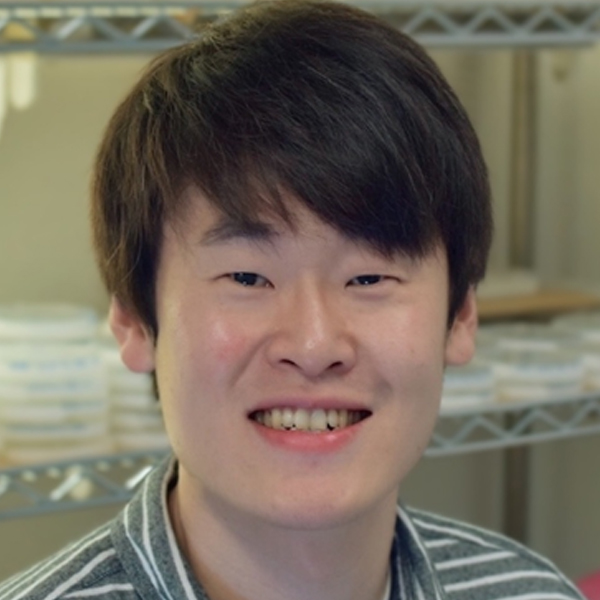
Eunchul Kim(National Institute for Basic Biology Assitant Professor)
About
Photosynthetic reactions are orchestrated within the confines of supramolecular complexes, wherein the reaction center and its associated light-harvesting system are conjoined. These photosynthetic entities have evolved the capacity to acclimate to diverse environmental conditions through the adaptation of this supercomplex structure. In the pursuit of this study, we endeavor to ‘visualize’ the intricate, higher-order structure of photosystem supercomplexes derived from species of critical importance in understanding evolutionary trajectories and environmental adaptation. We also aim to ‘quantify’ their respective light-harvesting functions. To augment our research, we shall ‘synthesize’ insights drawn from multifaceted scientific fields including computational biophysics, genome evolution, and structural information biology. Our goal is to illuminate the fundamental principles underpinning environmental adaptation – the ubiquity of photosystems – in the face of terrestrial expansion of plants, seasonal fluctuations, and changes in environmental conditions.
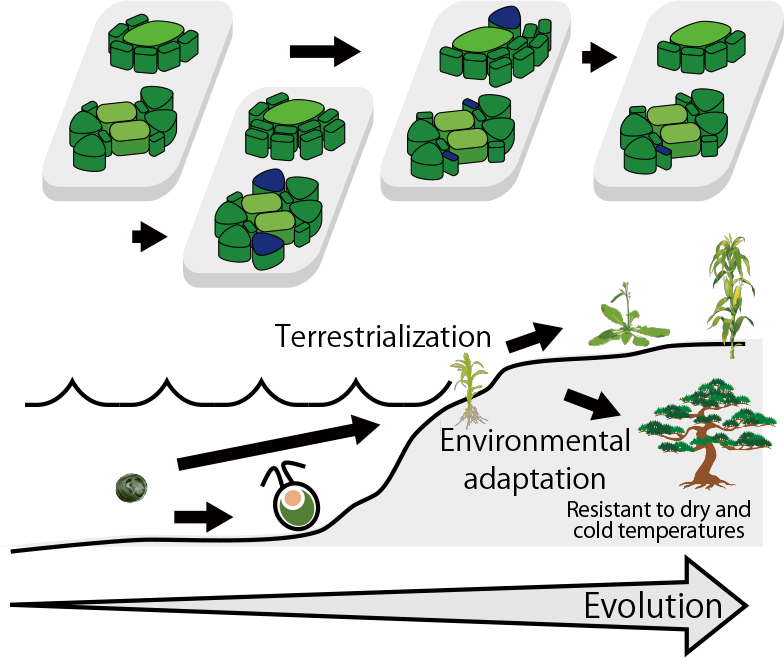
Research keywords: green algae, plants, supercomplex, LHC, higher order structure, energy transfer, environmental adaptation
A04: Uncovering Adaptation Mechanisms for Switching Photosynthetic Functions via the Redox Regulation System
Representative
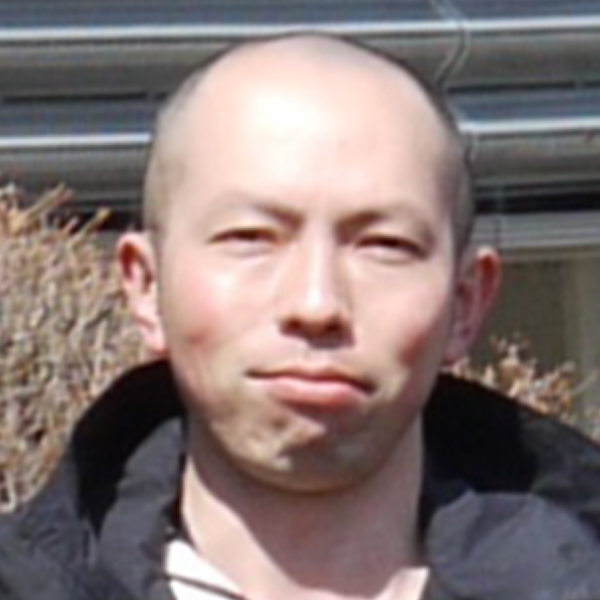
Keisuke Yoshida(Institute of Science Tokyo Associate Professor)
Member (of a research project)
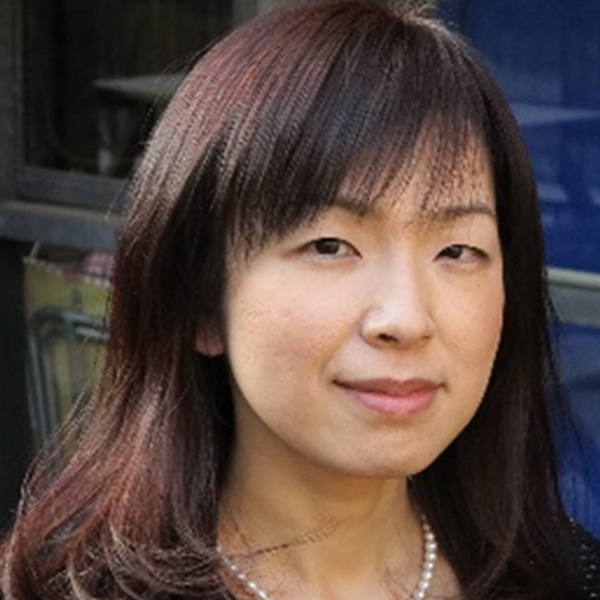
Yuki Okegawa(Institute of Plant Science and Resources, Okayama University Assistant Professor)
Member (of a research project)
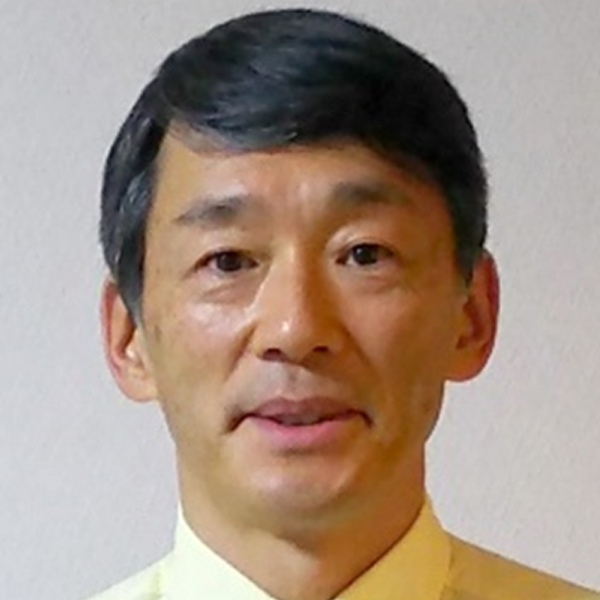
Kintake Sonoike(Waseda University School of Education Professor)
About
Photosynthetic organisms have adapted to various light environments by acquiring redox-based machineries for switching protein functions and thus by controlling a wide range of photosynthetic reactions. To contribute to the understanding of photosynthesis ubiquity, our group is focusing on this redox regulation system. We aim to comprehensively elucidate how redox-based protein conformational changes lead to the modification of physiological functions at the in vivo level. We further try to clarify how the redox regulation system has been constructed and refined throughout the evolutionary process of photosynthetic organisms.
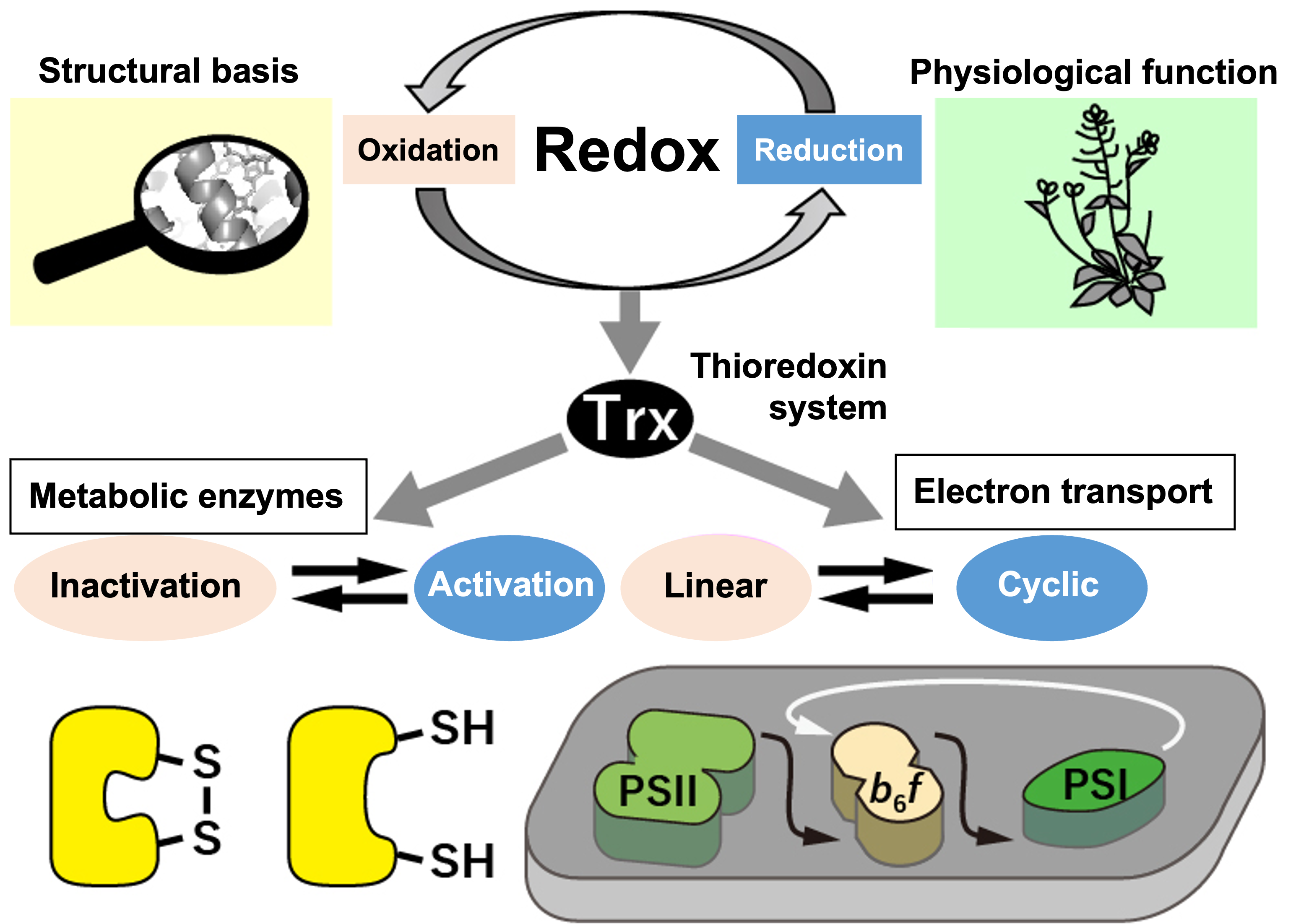
Research keywords: redox regulation, thioredoxin, electron transfer regulation, stroma metabolism regulation, structure-function relationship, environmental function relationship
A05: Principles of environmental adaptation of primordial photosynthetic supercomplexes revealed by the evolution and diversification of their regulatory mechanisms
Representative

Yukako Hihara(Saitama University Graduate School of Science and Engineering Professor)
Member (of a research project)
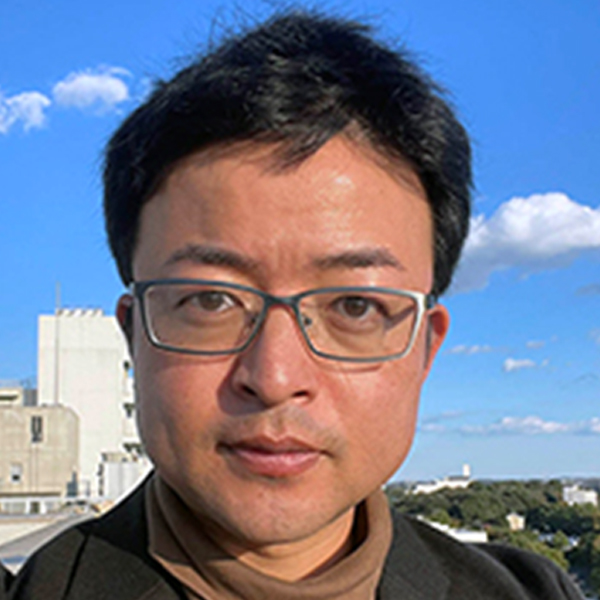
Yu Hirose(Toyohashi University of Technology Department of Applied Chemistry and Life Science Assosiate Professor)
Member (of a research project)
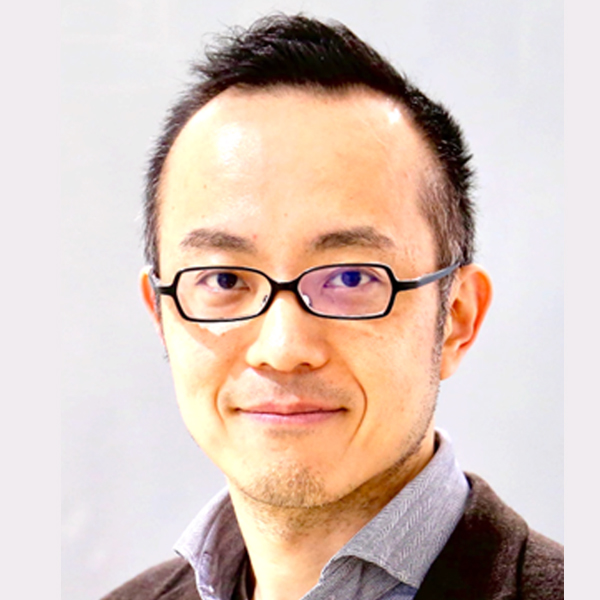
Shinichiro Maruyama(Graduate School of Frontier Sciences The University of Tokyo Assiociate Professor)
About
The protein supercomplexes responsible for oxygen-evolving photosynthesis have originated in cyanobacteria and been inherited by eukaryotic chloroplasts through endosymbiosis. We focus on the primordial photosynthetic supercomplexes of cyanobacteria and primitive red algae, and elucidate the diversification process of their structures, functions and regulatory mechanisms that optimize the supercomplexes in response to changing environments. Our study will reveal the basic principles that enable photosynthetic organisms to adapt to any global environment.
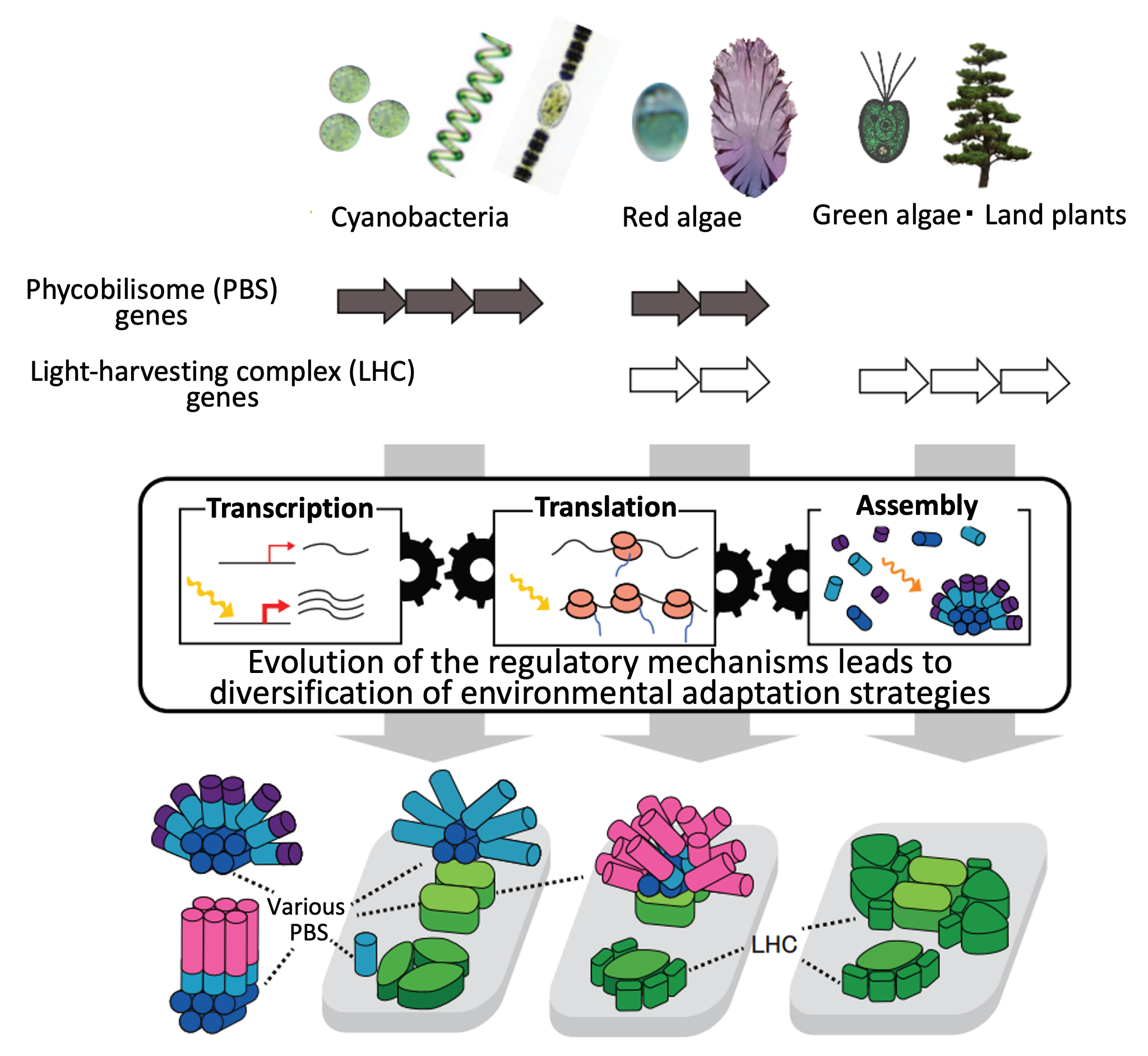
Research keywords: cyanobacteria, primitive red algae, phycobilisome, LHC, transcription factor, transcriptome
A06: Understanding environmental adaptation mechanisms through dynamic structural analysis of photosynthetic supramolecular complexes
Representative
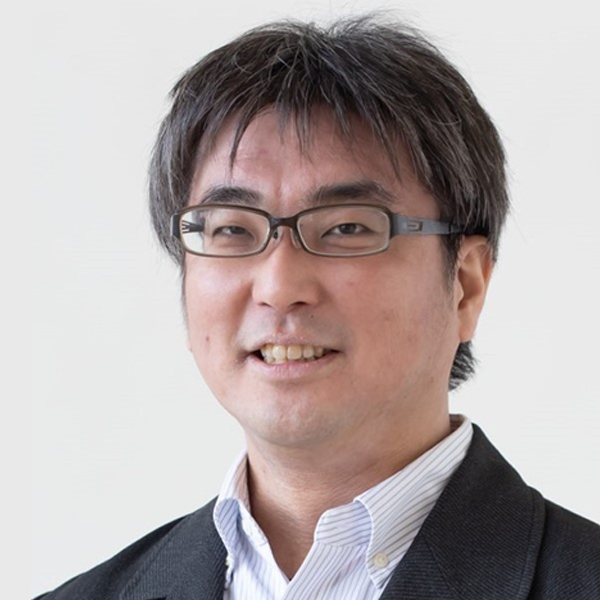
Keisuke Saito(Research Center for Advanced Science and Technology, The University of Tokyo Associate Professor)
Member (of a research project)
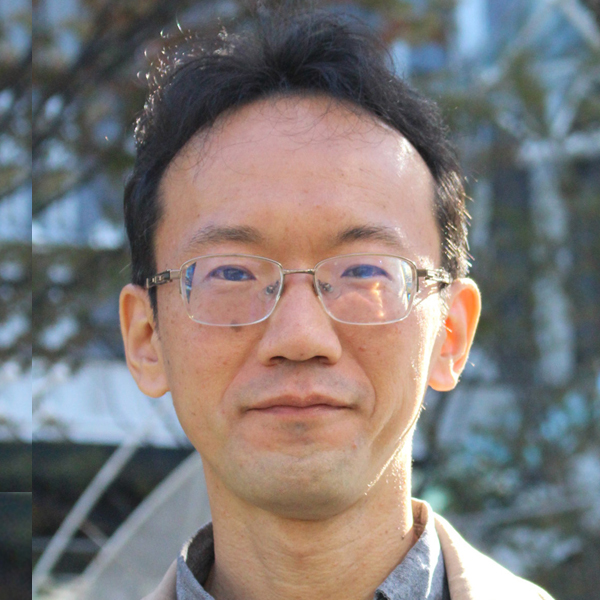
Daisuke Yamamoto(Fukuoka University Faculty of Science Professor)
About
Photosynthetic organisms have evolved structures of photosynthetic supramolecular complexes in the light-energy conversion system to adapt to varying light environments, and they can dynamically control their energy conversion efficiency. A06 team is analyzing the mechanism of dynamic control of energy conversion efficiency in supramolecular complexes, using chemical calculations and high-speed AFM observations. In particular, we aim to understand the principle by which small changes occurring at the atomic level in a molecule (measured in angstroms and picoseconds) propagate to large dynamics (measured in 100 nanometers and seconds) in membrane supramolecular complexes.
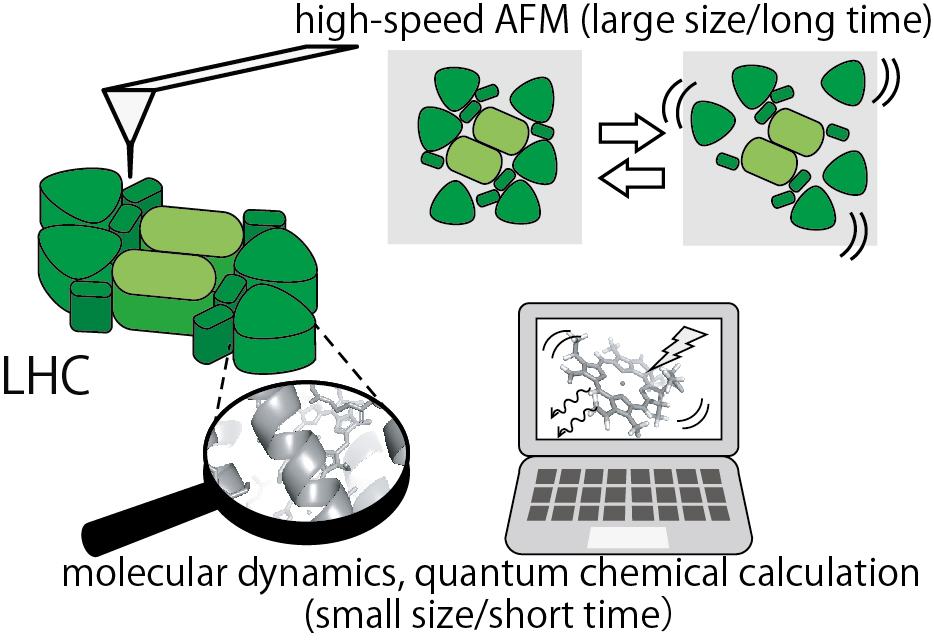
Research keywords: photoprotection, energy transfer, membrane dynamics, structural fluctuations, atomic force microscopy, molecular dynamics simulation, quantum chemical calculation.
A07: Decoding the environmental adaptation strategies of photosynthesis via machine-learning of ancestral supramolecules
Representative

Tsuyoshi Shirai(Nagahama Institute of Bio-Science and Technology バイオサイエンス学部 Professor)
Member (of a research project)

Ryuhei Minei(Nagahama Institute of Bio-Science and Technology バイオサイエンス学部 Specially-Appointed Professor)
Member (of a research project)
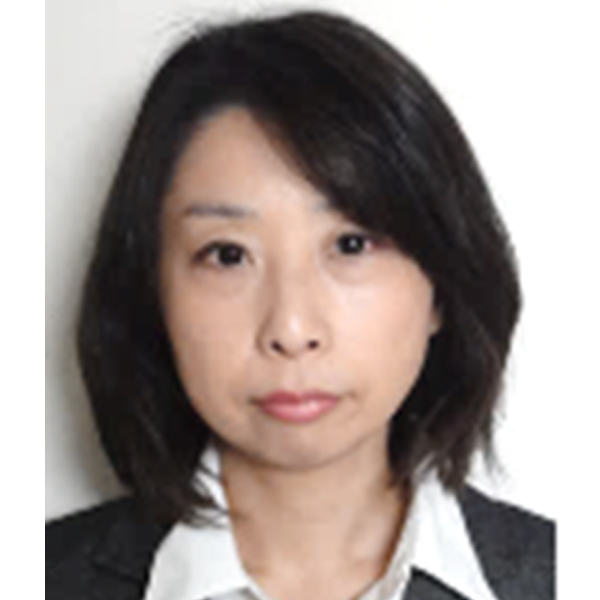
Yuko Tsuchiya(National Institute of Advanced Industrial Science and Technology 人工知能研究センター Chief Researcher)
Research Collaborator
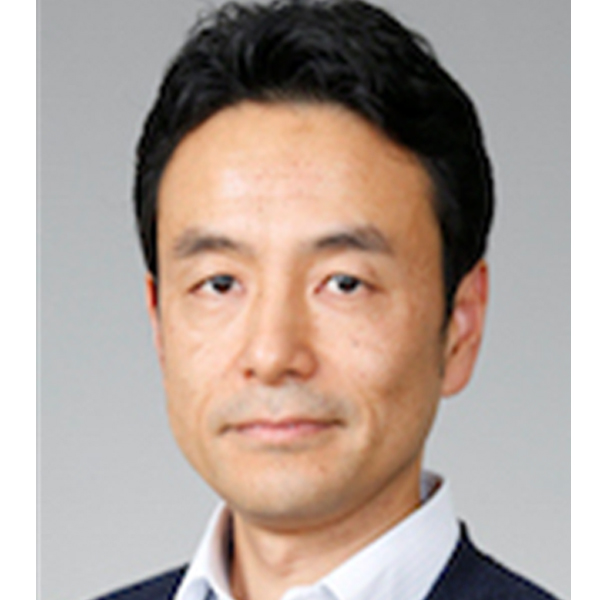
Atsushi Hijikata(Tokyo University of Pharmacy and Life Sciences)
About
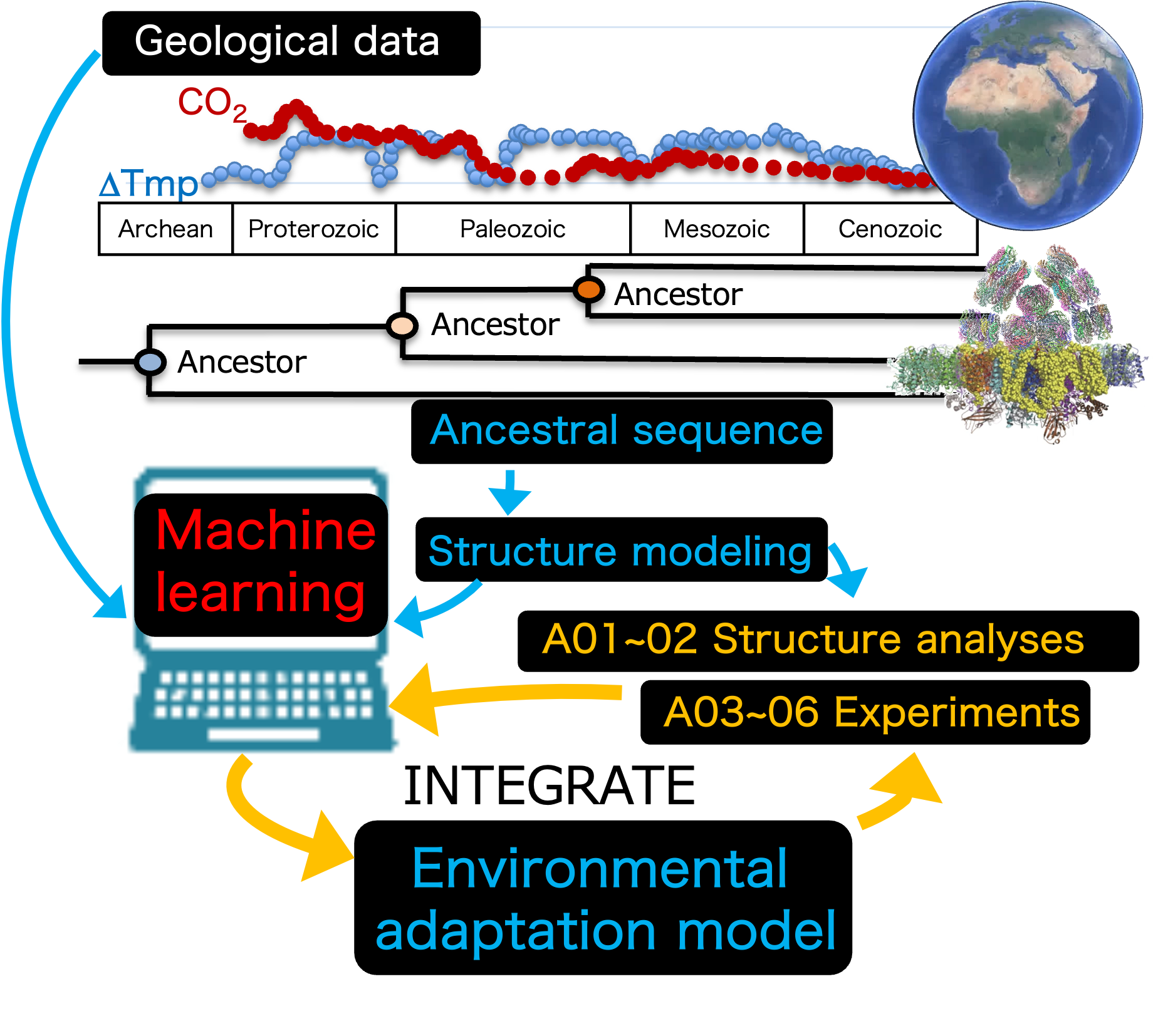
Research Keywords: ancestral photosynthetic supramolecular complex, molecular evolution, data science, machine learning

